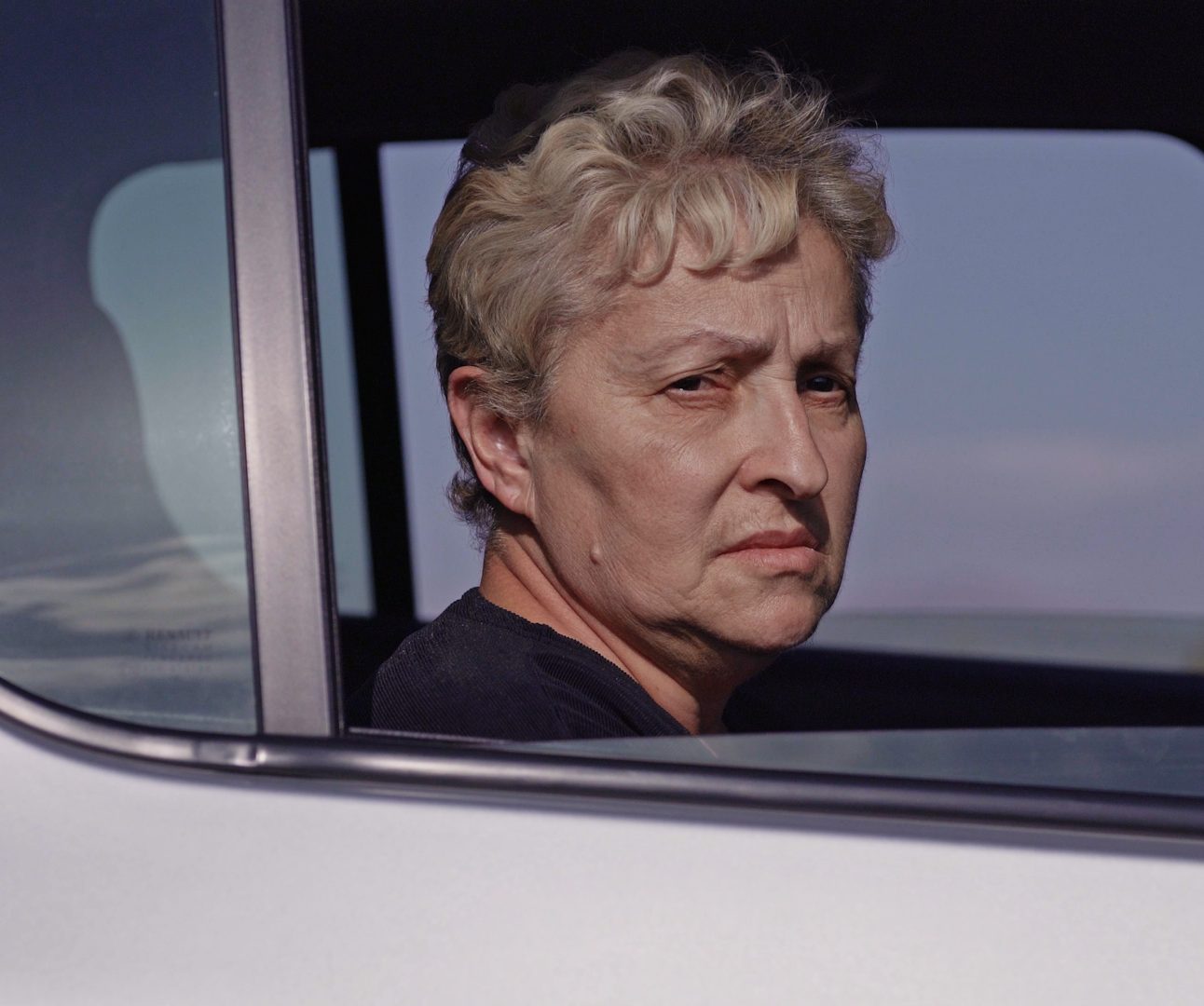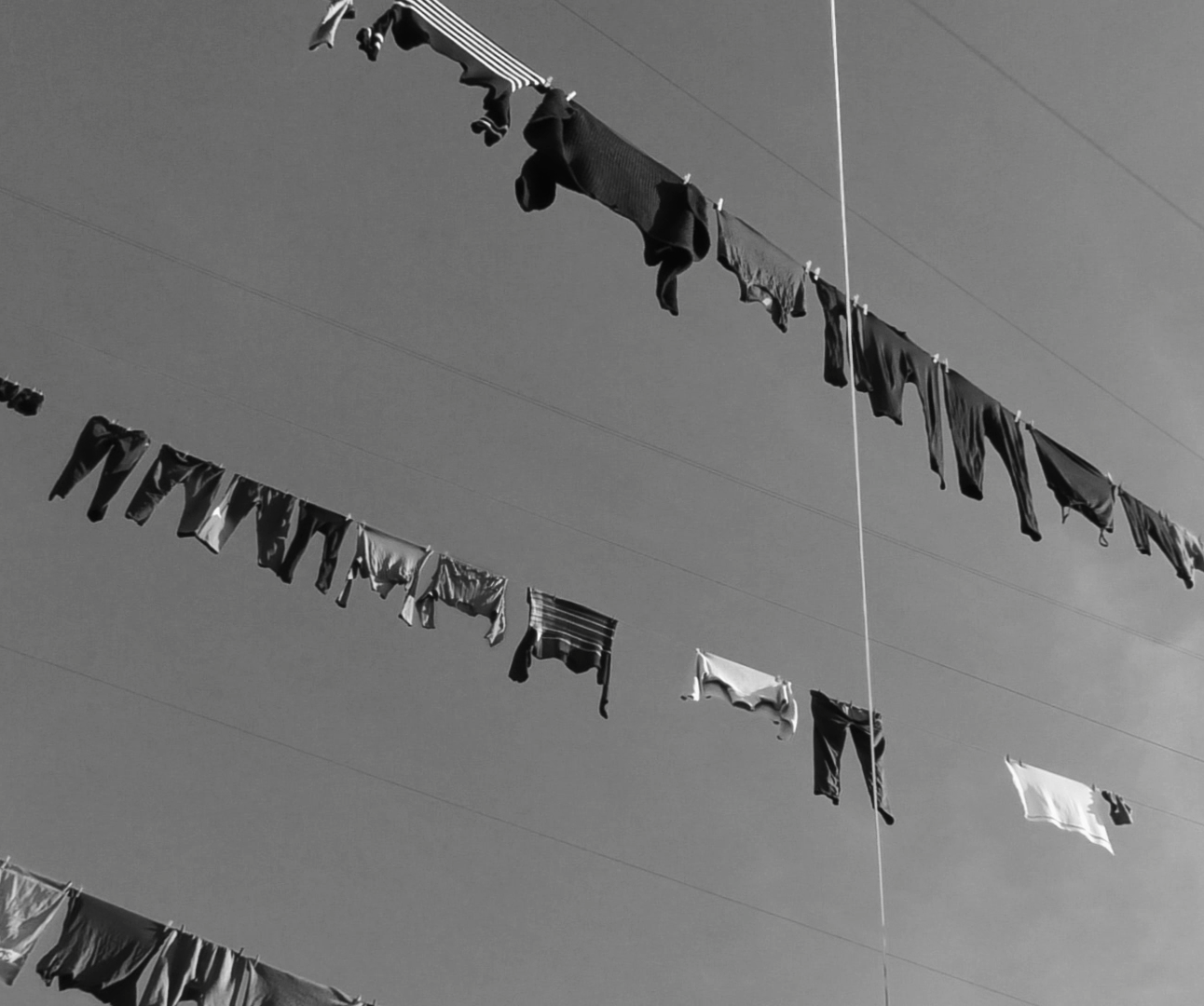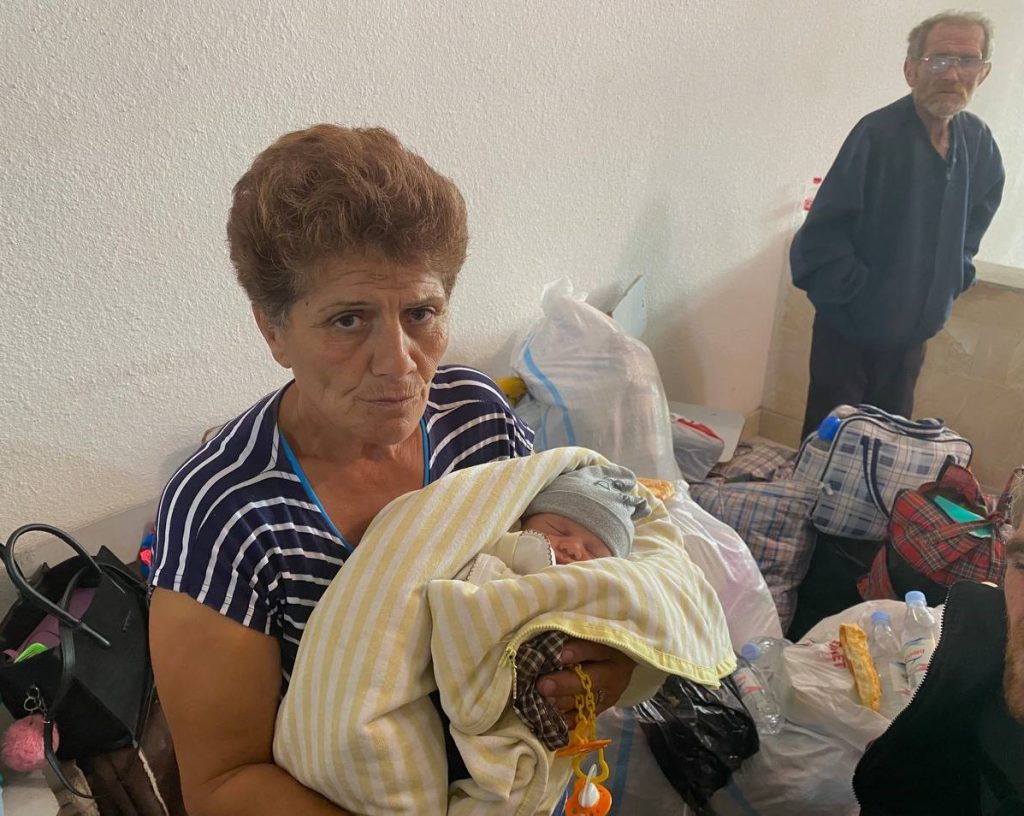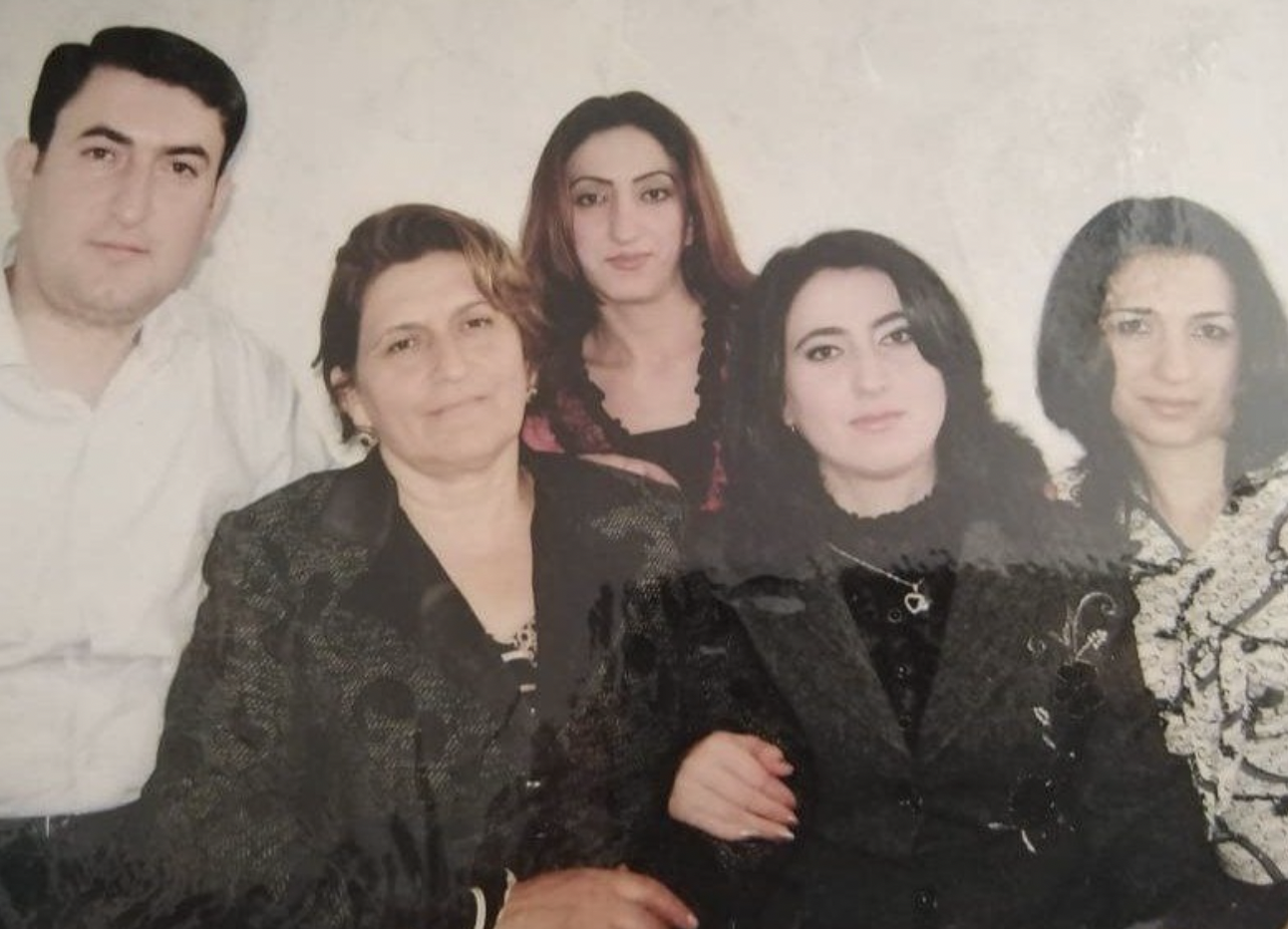
17 Years Later: Stories if Displacement in Armenia
17 years ago, the documentaries Though Nut, Citizenship: Refugee, and Catharsis were created as part of the Dialogue Through Film project. The protagonists of these documentaries lives in Nagorny Karabakh until their forced displacement in September 2023. The film 17 Years Later follows the fates of the protagonists of...








